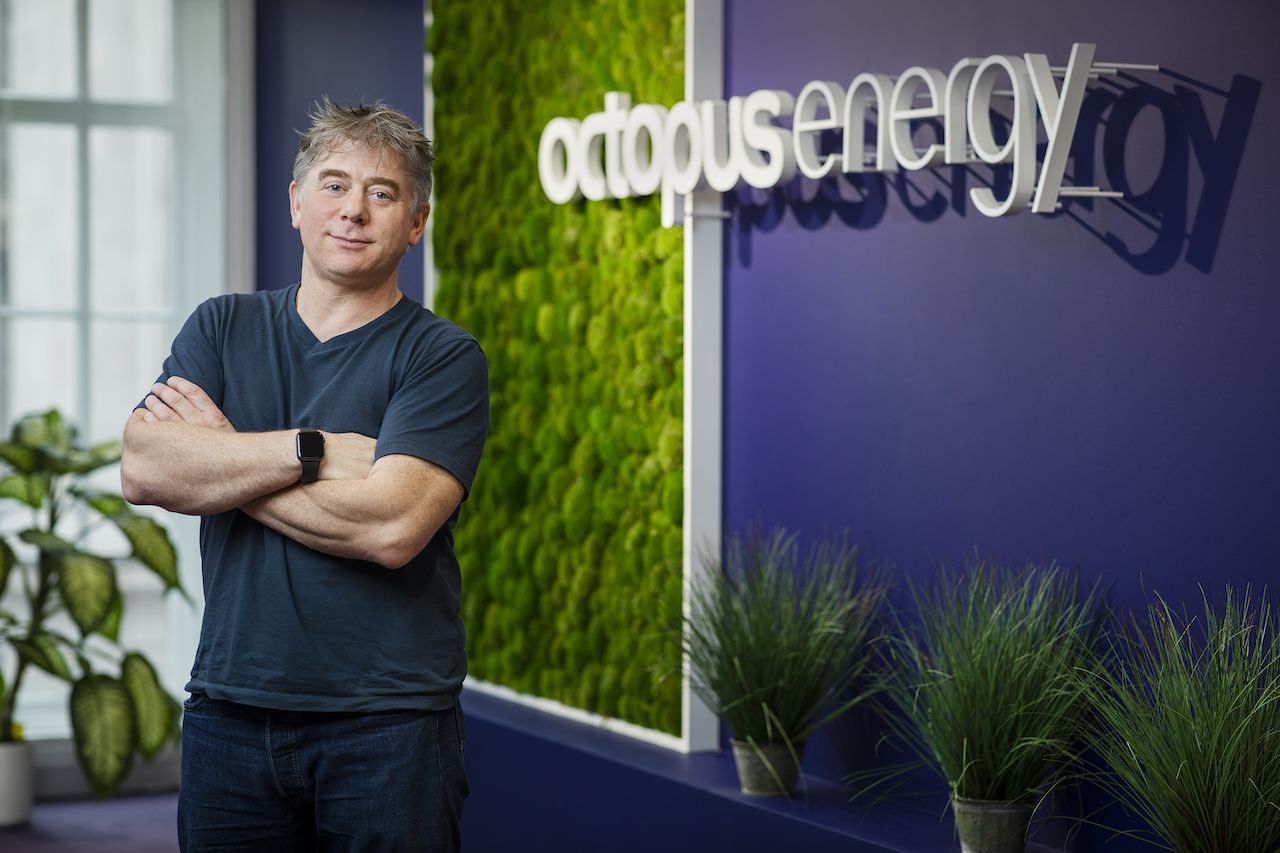Section 4: Responses to Innovation Sweet Spots

In this section, experts on the energy sector and green technologies respond to the findings of our pilot and offer their perspective on what needs to happen next.

Meredith Annex, Head of Heating & Hydrogen at BloombergNEF
Meredith Annex, Head of Heating & Hydrogen at BloombergNEF

Claire Curry, Head of Technology & Innovation at BloombergNEF
Claire Curry, Head of Technology & Innovation at BloombergNEF

Meredith Annex, Head of Heating & Hydrogen at BloombergNEF

Claire Curry, Head of Technology & Innovation at BloombergNEF
Meredith Annex and Claire Curry
Head of Heating & Hydrogen and Head of Technology & Innovation at BloombergNEF
The findings of this research broadly ring true with our experience of innovation in low-carbon heating, energy efficiency and energy management. Bringing together so many different data sets to compare different green technologies is novel. Future research opportunities include understanding the innovation going on inside large companies, about which it is hard to obtain data, and more granular analysis of different green innovations.
Unlike industry, which is still debating the relative value of different technologies, government recognises the important role heat pumps are likely to play in home decarbonisation. Even in a high hydrogen scenario described in the recent UK government heating and net zero strategies, heat pumps play an important role. While hydrogen has high potential for decarbonising sectors like steel or ammonia production, its potential for household heating is more limited.
One intriguing area of recent interest for venture capital are the financial rather than hardware innovations that might support decarbonisation of household heating such as monthly subscription payments or upfront loans. For these to be successful for heat pumps, we need to bring down the upfront costs through scaling, increase price transparency and reduce the current disparity between the relatively high cost of electricity and relatively low cost of gas.

Olamide Oguntoye, Tech Policy Lead at the Tony Blair Institute for Global Change
Olamide Oguntoye
Tech Policy Lead, Tony Blair Institute for Global Change
This new report from Nesta uncovers an opportunity to accelerate the low-carbon transition in the UK through technologies that are on the verge of a commercial breakthrough. The findings are important for three reasons.
First – because the report tackles the question of domestic heating, one of the UK’s most carbon intensive sectors with 85% of homes running on gas boilers.
Second – because it comes at a time when UK policymakers need greater clarity on the various technology options to meet the country’s heating decarbonisation targets. With the growing hype around less viable technologies and the high-risk of technology lock-in, it is important to have analysis that cuts through the noise and provides pragmatic recommendations. This report fills the gap quite well.
Finally, the report adopts a bold experimental methodology that combines evidence from sources which are otherwise treated in isolation. Its key finding, the fact that there is a gap between research funding and commercial deployment of low carbon heating, is indeed a policy wakeup call.
What key next steps should be taken to ensure we address the issues raised in this report?
Policymakers must act urgently for things to change. Mature low-carbon domestic heating technologies like heat pumps are very promising, yet deployment levels in the UK lag far behind other countries like the Scandinavians.
The challenge here is less about the technology itself, rather it’s about the policies needed to increase market uptake. Why would home-owners ditch their current gas boilers which work perfectly well only to buy heat pumps that are more expensive, difficult to install and more costly to run in terms of energy bills? The UK is providing grants to cover the marginal capital cost of heat pumps which is a good start. But it would take a far stronger policy framework for things to change radically. The value proposition to both the demand and supply side of the market must be revised urgently.
Updating electricity and gas tariffs to ensure lower running costs of heat pumps, raising building CO2 standards, regulating new heating installations, and improving energy data systems, are some of the next steps for UK policymakers.

Olamide Oguntoye, Tech Policy Lead at the Tony Blair Institute for Global Change
Olamide Oguntoye, Tech Policy Lead at the Tony Blair Institute for Global Change

Craig Douglas, Partner, World Fund
Craig Douglas, Partner, World Fund

Craig Douglas, Partner, World Fund
Craig Douglas
Partner, World Fund
Decarbonisation of heating can work economically today with existing technology. It is already competitive with gas and oil heating on a total cost of ownership basis. The problem is the upfront cost of these technologies and consumer acceptance. New business models and finance solutions are the key to accelerating this market, but this requires stable policy on heat decarbonisation.
Once this market takes off we will be limited by the number of skilled low-carbon heating installers and engineers. Solving these problems would allow the wholesale decarbonisation of the building stock and is one of the most cost effective ways of decarbonising our economy.

Douglas Morrison, Impact Director, Construction Scotland Innovation Centre
Douglas Morrison
Impact Director, Construction Scotland Innovation Centre
It is evident from research investment that heat pumps are viewed as having great potential to support our transition to a low-carbon built environment. I believe that this optimism is justified although emphasise the critical need to ensure that low-carbon heating technologies are considered alongside the energy performance of the buildings in which they are installed.
Publicly available datasets on efficacy and performance would be helpful in moving from a position of ‘many pilots’ across the UK, towards a coordinated and cohesive programme of decarbonisation using the right technologies in the most efficient way for each building. I believe this report takes an important step in understanding how public discourse and investment are driving wider adoption of technologies and offers insights as to how we can more effectively stimulate rapid and widescale adoption of effective solutions.
Developing a highly trained and competent workforce is critical to our net zero ambitions. Supported by a national framework for competency development, we can create a workforce that can specify, design, install and maintain low carbon heating and energy efficiency technologies to the highest standards. I believe that building confidence amongst home and asset owners, policy makers, and investors in the capability and resilience of the workforce can stimulate a rapid acceleration of our adoption of low-carbon solutions in our built environment.

Douglas Morrison, Impact Director, Construction Scotland Innovation Centre
Douglas Morrison, Impact Director, Construction Scotland Innovation Centre

Greg Jackson, CEO and founder of Octopus Energy
Greg Jackson, CEO and founder of Octopus Energy

Greg Jackson, CEO and founder of Octopus Energy
Greg Jackson
CEO and founder of Octopus Energy
Electric heat pumps are like magic – they take one unit of electricity and turn it into three units of heat. On top of this incredible efficiency, they are also safer and cleaner than gas boilers and make homes more comfortable with less energy.
Heat pumps are a proven technology that will help us kickstart a cheap clean heating revolution, and huge steps have been made over the past year by the government to commit to them as the fastest and easiest way to decarbonise our homes.
As this great work by Nesta shows, we’ve now reached a tipping point and can see heat pumps moving from niche to mass market. Further changes are needed to make them as cheap to run as gas boilers, such as shifting carbon taxes from electricity to gas.
But by scaling up the technology and supply chain in Britain, innovative companies like ours will soon be able to fit heat pumps without any government support, bringing us one step closer to making the UK the Silicon Valley of Energy and creating thousands of clean energy jobs throughout the country.
We plan to continue refining our methodology and exploring the predictive potential of our datasets. If you have any advice or want to discuss the project, we’d like to hear from you.
